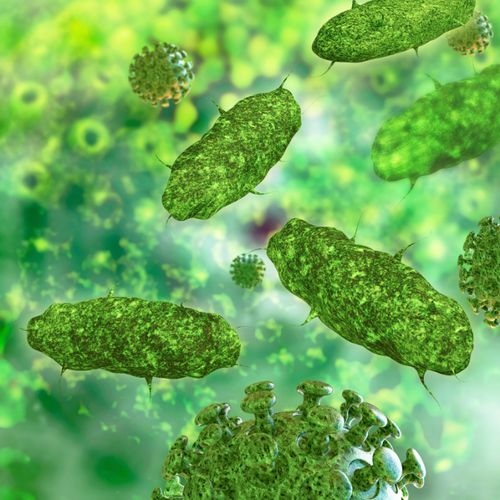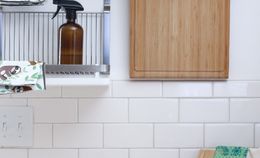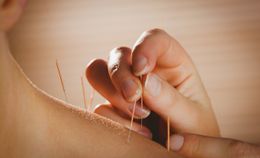When you hear the word “bacteria”, you probably think of the common cold or of other germs that make you sick. But did you know that some types of bacteria are good for you? Well, Manchester’s Constance Jones – Colon Hydrotherapy wants you to know that this negative view of bacteria is a misconception.
Probiotics are live bacteria found in foods such as yogurt, sauerkraut, and tempeh, and in products such as dietary supplements, and skin creams. While research on probiotics continues, current studies suggest that they protect and promote the health of your intestinal tract. Breaking the stereotype that all bacteria are bad, probiotics fulfill a very beneficial role in our digestive system.
There are many different types these good gut bacteria. They are largely responsible for the synthesizing of B and K vitamins in your digestive system. For that process to occur efficiently, these microorganisms must not only stay healthy but also remain in a particular equilibrium of “good” and “bad” bacteria, also known as gut flora.
Unfortunately, various aspects of our modern world have an effect on our intestinal tract. Today’s diets, for example, are full of highly processed foods high in saturated fats and low in fiber. This kind of food can negatively influence the balance of gut flora. Other substances like drugs and alcohol, as well as exposure to stressors, can also decrease the number of good bacteria in our intestines. Probiotic foods and supplements, on the other hand, can help re-establish the balance of these microorganisms.
Colon hydrotherapy, also called colonic irrigation, rinses the rectum and large intestine with gentle infusions of purified water. As it rids the area of gas and fecal matter, it may also remove an overgrowth of bacteria living in your intestines. Eating foods high in probiotics following a colonic can replenish good bacteria in your gut in a matter of days. This allows good bacteria to flourish and keep the bad bacteria in check. As a result, probiotic foods and supplements are a valuable addition to your post colonic routine.
For more information about probiotic foods and supplements consult a Naturopath, Dietician or Nutritionist. You can access the American Association of Naturopathic Physicians on their website and the Academy of Nutrition and Dietetics on their official site.





















